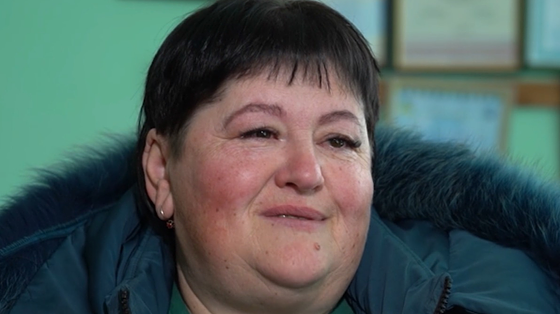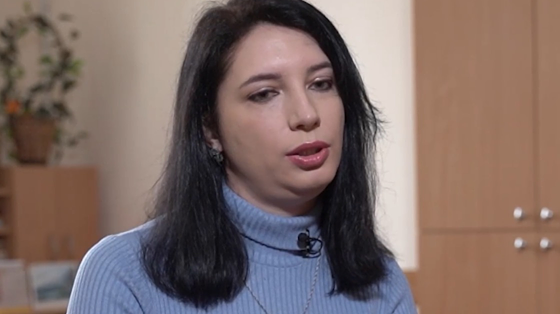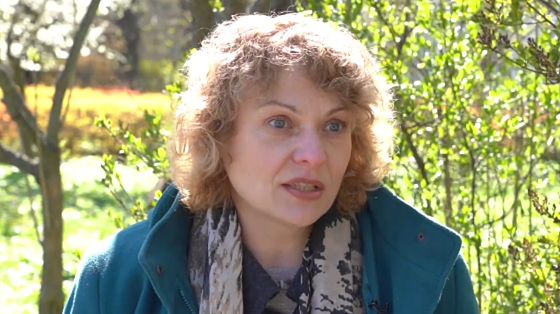‘For me, the war means...’
This is fear.
When did the war in Donbass begin for you?
...Probably, with the first shelling, when I saw deaths when a helicopter was blown up in the air above the Donetsk airport, or rather on its way towards the Donetsk airport. It was the day when it became clear that something was definitely wrong. From those explosions did the war start. And from my forced emigration.
Did you happen to see the hostilities with your own eyes?
…No, I don’t think so. Unless you consider the explosions above the Donetsk airport hostilities. I rather heard than saw it.

What did you talk about with your family and neighbours during active hostilities?
...We discussed whether they would target civilians, whether the city centre would be affected, what would come next, whether the authorities would respond. We did not believe in a real danger for the central quarters.
We did not believe in war or that active hostilities would take place.
What do you remember the most from the experience of the war you went through?
...The railway station where I was leaving for Russia from. There were a lot of armed people there; it was like in a movie with armed people everywhere. Someone was handcuffed; someone was being captured, and another one was being searched. And like in a movie, the railway carriages were fully packed; people were travelling without tickets with only desire to flee. Some explosions were being heard. When we got away, we could no longer hear them, and it was a relief. It is my most vivid memory.
We tend to erase unpleasant events from our memory. What event from the beginning of the armed conflict in Donbass would you like to forget about (or cannot forget)?
... Explosions, the sound of it. And seeing military weapons not only sparks panic, but makes me hysterical. I would like to forget those explosions, and not to see any military equipment.
The war made you relocate. Where to? How did the relocation take place?
...Relocation is probably a wrong word. It was an escape, or rather a desire to protect my child, to prevent him from seeing the war, to take him as far away as possible. I wanted to take him to Rostov where my relatives lived. But the rail track to Rostov was destroyed, and I had to leave for Crimea.
I thought that in a month, the war would be over, and I would come back. It never happened. From Crimea I moved to Rostov, and then to the Krasnodar Krai. While I was still in Crimea, Rostov or the Krasnodar Krai I hoped that I would come back to Donetsk.
I expected it would last for several months as there were no active, intensive hostilities, but they did not seem to end either. Yet, somewhere in August or September I learned that the house where I had lived was partially damaged and I understood that it was serious and for long.
In the Russian Federation, they treated me well, without aggression. But I would not say that they laid themselves out to welcome me. I heard that emigrants were not always welcomed as we did not behave properly either. The Migration Service of Russia was overloaded and let it out on us.
Do you plan to come back home when the war is over?
...No, I don’t.







.png)



